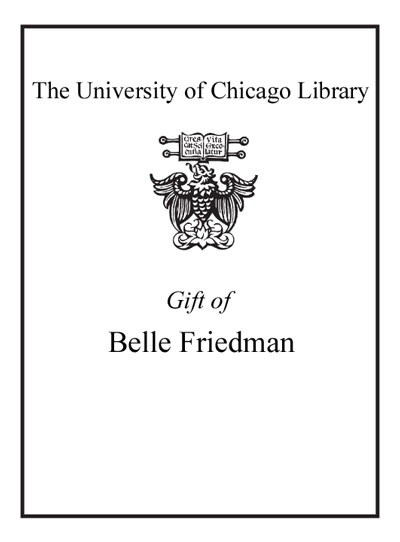Review by Choice Review
This dense, demanding book challenges scholarly and (to a lesser extent) popular interpretations of slavery. Neither narrative history nor literature survey, these interpretive essays are mature reflections of a preeminent historian of slavery (e.g., Way of Death, CH, Jun'89, 26-5756). Miller (Univ. of Virginia) argues that sociological perspectives dominate slavery research, which focuses on institutions and is often expressed in abstractions: slavery, freedom, unfree labor, creolization. His main alternative, "slaving," better expresses the historical dynamics of this persistent accumulation strategy. It also foregrounds the experiences of slavers and enslaved alike. Miller ranges widely from earliest times to the 1900s, primarily drawing on his expertise on Africa and the Atlantic world. The insistence on thinking historically offers no easy paths to understanding: variety and contingency resist easy generalizations. Interestingly, while Miller decries presentism in approaching slaving, his framework helps explain the extensive new slavery now enabled by economic globalization. With a longer monograph forthcoming, Miller's current work is probably the most significant on slaving since Orlando Patterson's Slavery and Social Death (CH, Feb'83). It is controversial, but let the debates flourish. Recommended for large public libraries. Summing Up: Essential. Academic collections, upper-division undergraduates and above. T. P. Johnson University of Massachusetts, Boston
Copyright American Library Association, used with permission.
Review by Choice Review

